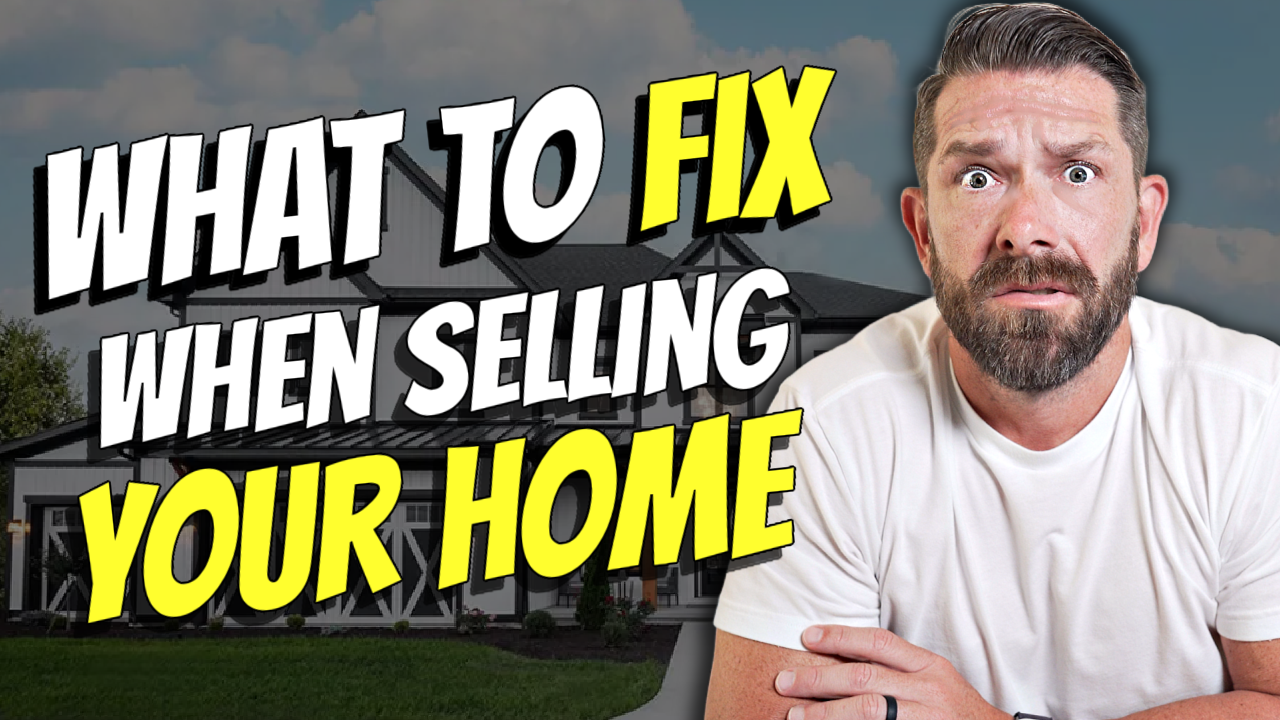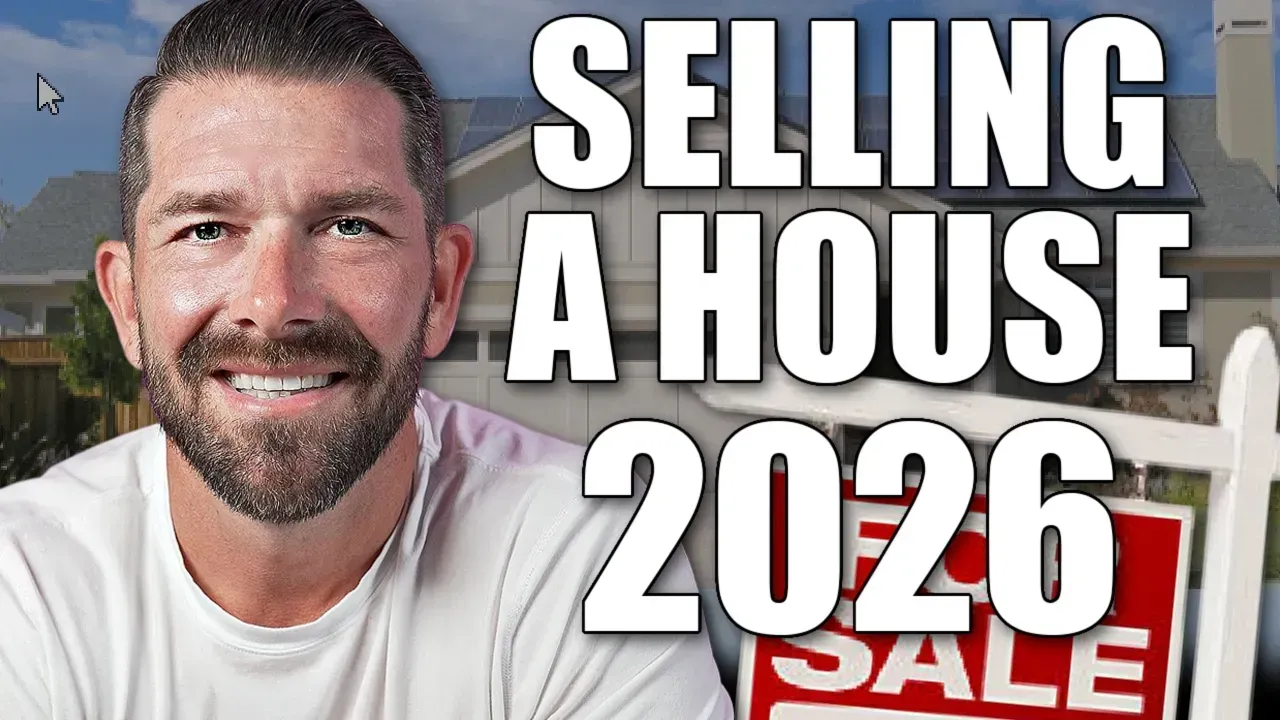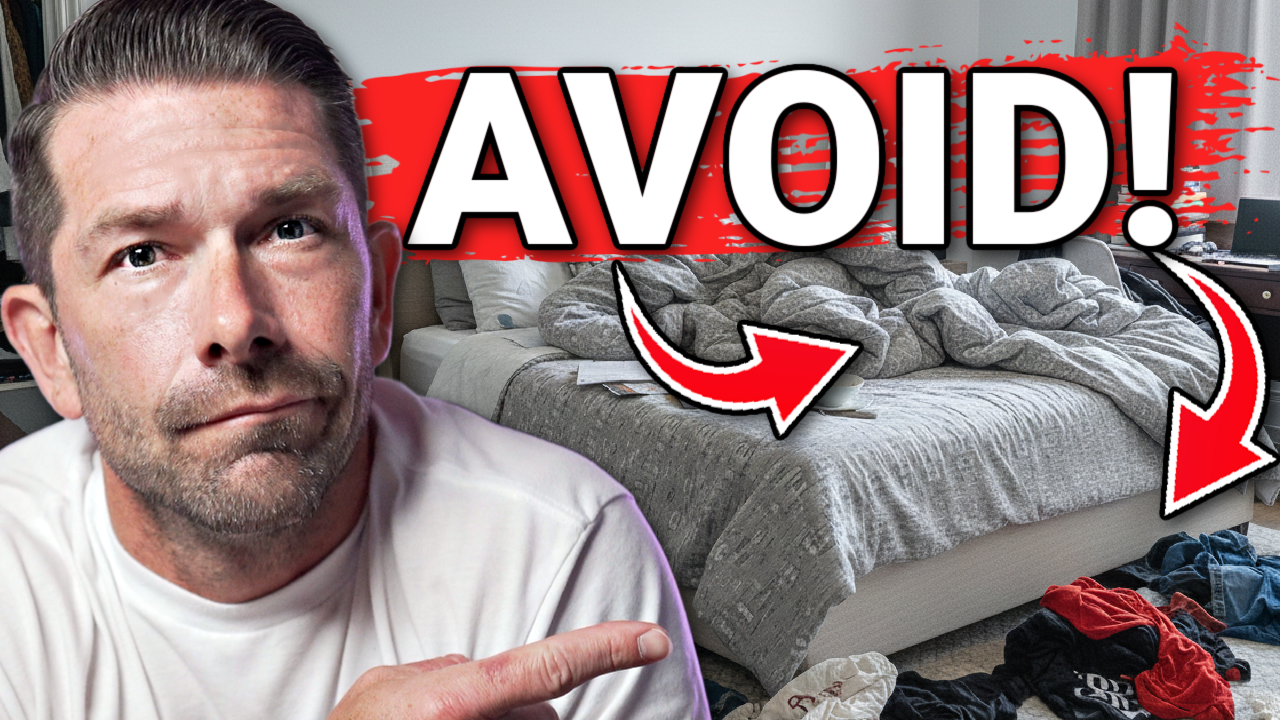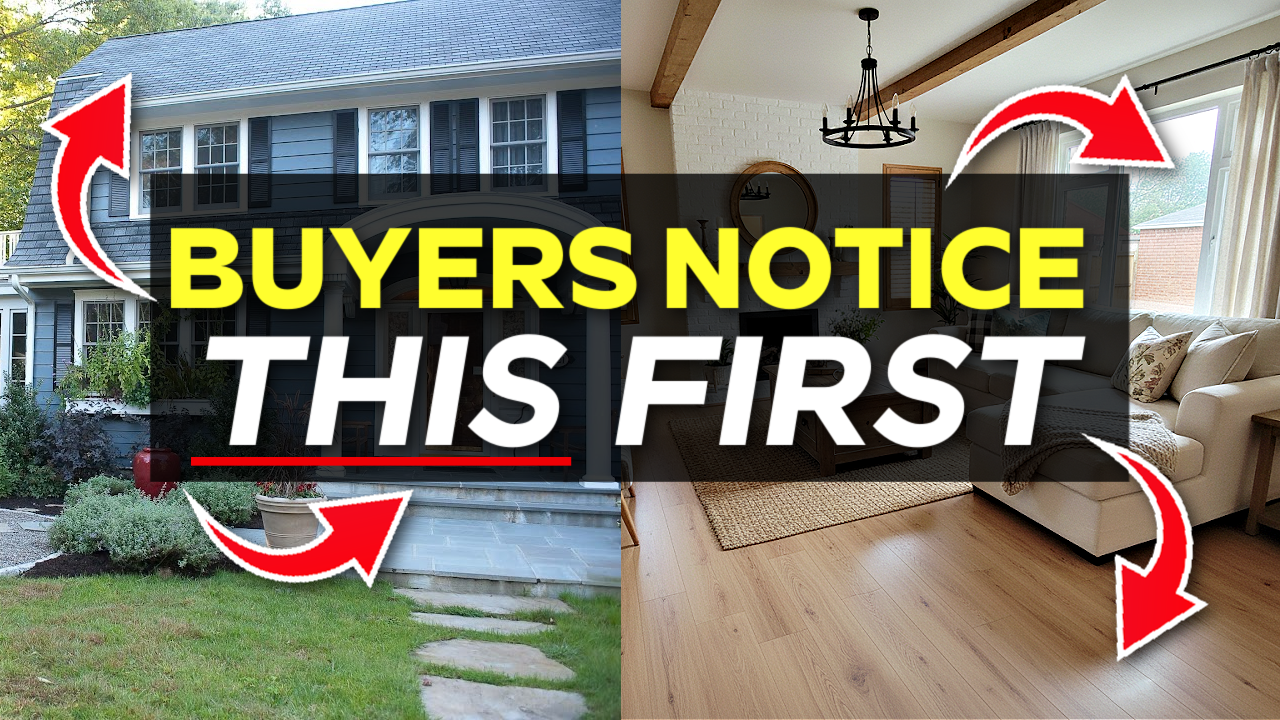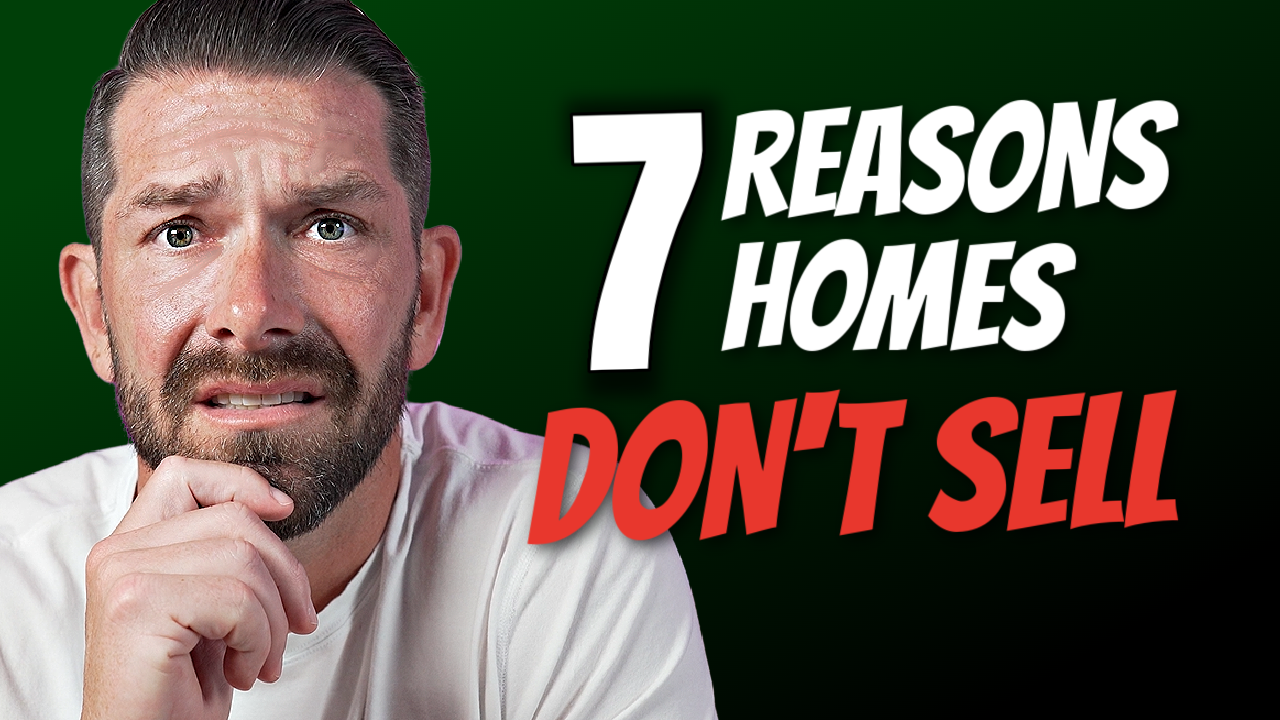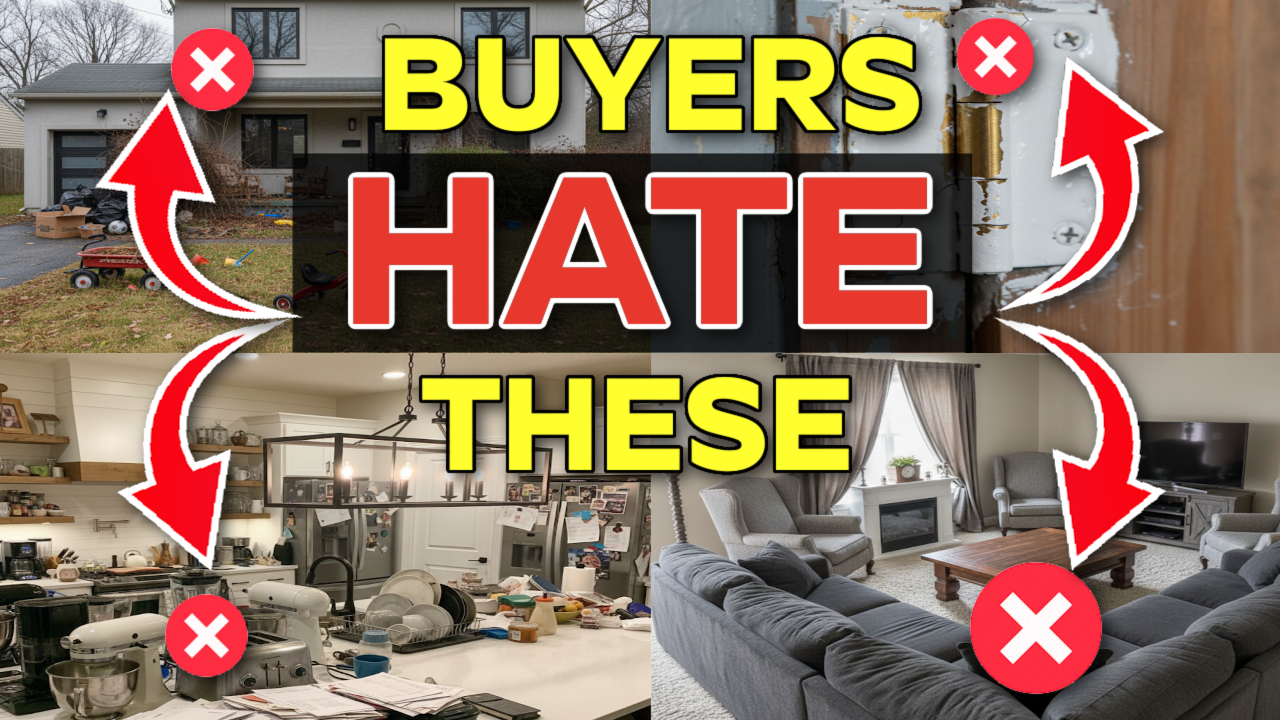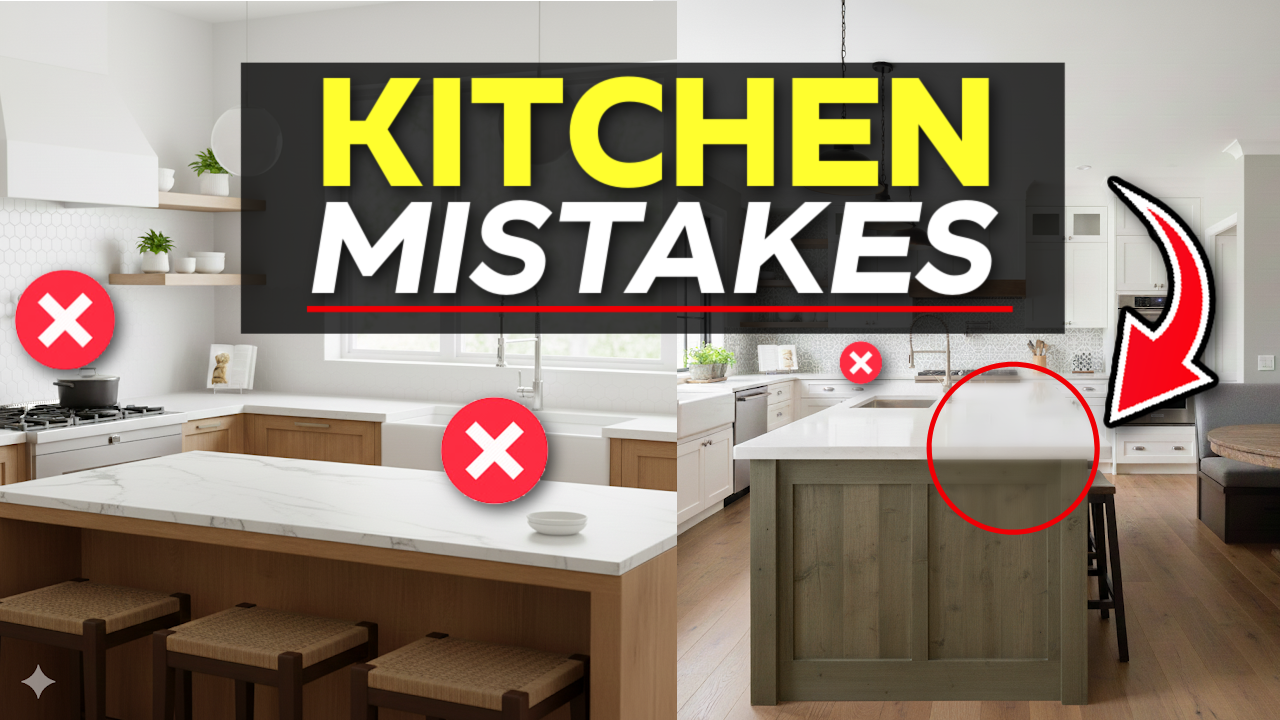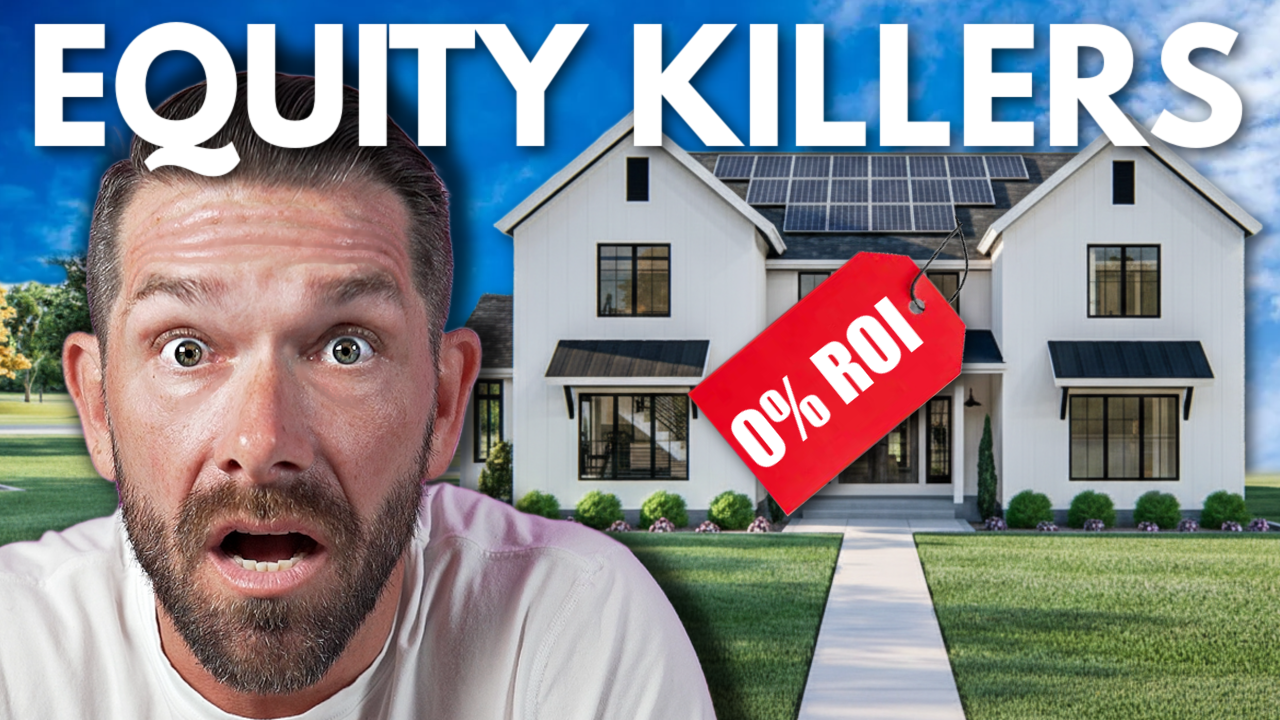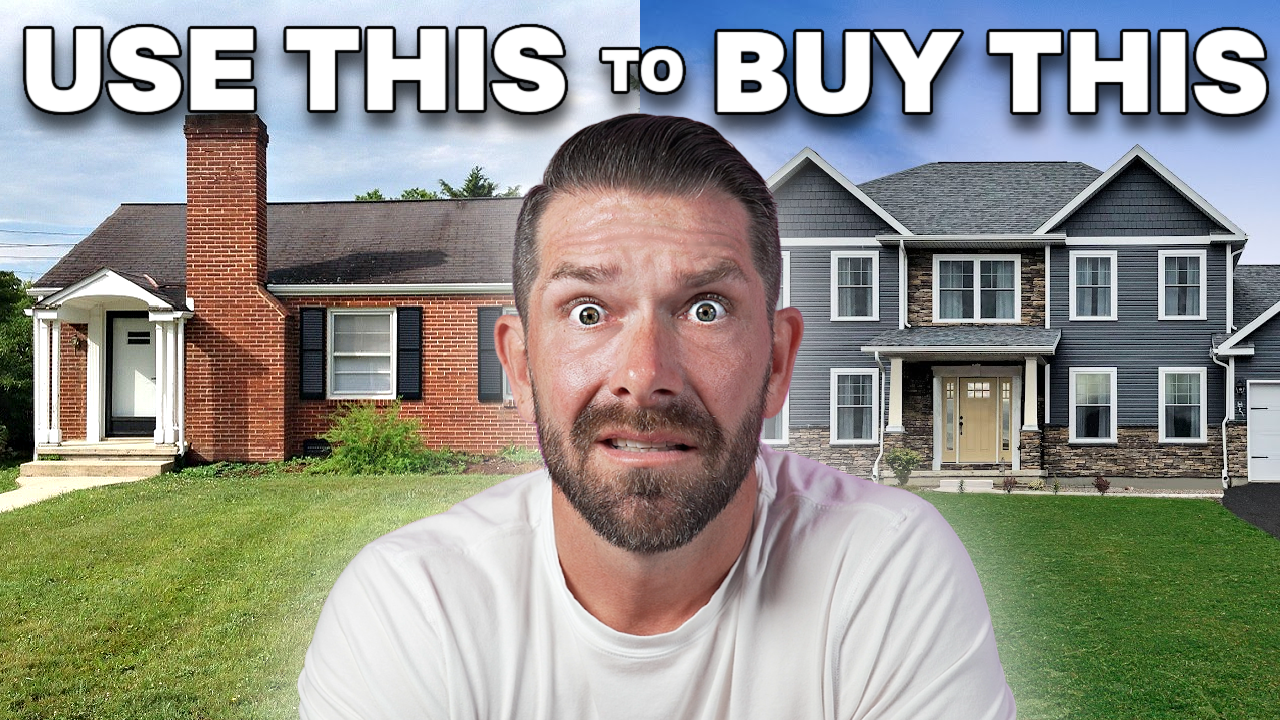NEVER Agree To These Things When Selling Your House
Get The Latest OC Housing Report
NEVER Agree To These Things When Selling Your House
One wrong signature could cost you thousands—or worse, leave your home unsellable. If you agree to the wrong terms, you can lose control of your sale fast.
In today’s shifting real estate market, sellers need to be more cautious than ever. Most homeowners only sell a handful of properties in their lifetime, so they’re not always familiar with the legal and contractual pitfalls. And unfortunately, many agents in today’s market haven’t worked through a normal market with longer listing times and real negotiations.
The result? Desperate agents, risky contracts, and sellers who unknowingly give away their leverage.
In this comprehensive guide, I’m going to break down the 9 things you should never agree to when selling your house —and exactly how to protect yourself from getting trapped in your own deal.
🎥 Watch the Full Video
1. Signing a Listing Agreement Without an Exit Clause
A listing agreement is a binding contract between you and your real estate agent. In a slower market, it’s common for agents to ask for 6–12 month agreements. But what happens if your agent stops communicating, underperforms, or simply isn’t a good fit?
Without an exit clause, you’re stuck. You can’t list with another agent, and you can’t easily fire the one you have.
How to protect yourself:
- Ask upfront: In the listing presentation, clarify how you can terminate the agreement.
- Add a cancellation clause: This should state you can cancel for any reason if you’re not satisfied.
- Ask about fees: Some agents request reimbursement for marketing expenses if you cancel early—get clarity before signing.
💡 Pro Tip: Choose an agent who’s confident enough in their service that they don’t fear an exit clause. It shows they want you to work with them because you want to—not because you’re legally trapped.
2. Disclosing Your Bottom Line to Your Agent
Telling your agent, “I’ll take $800,000” when the list price is $875,000 is like telling the other team your plays before the game starts.
Even ethical agents can subconsciously anchor negotiations to that number—especially if they’re also representing the buyer (dual agency).
Why it’s risky:
- It can lead to offers exactly at your minimum —or even lower.
- In dual agency, it may compromise your leverage.
- If your home sits on the market, that number can slip into conversations with buyers.
Instead, focus negotiations on:
- Market value
- Terms(closing date, contingencies, etc.)
- Net proceeds after costs
3. Accepting a Vague or Weak Contingent Offer
A contingent offer means the buyer must sell their home before they can buy yours. Not all contingent offers are bad—but vague or unprepared ones are dangerous.
Red flags:
- Buyer’s home isn’t even listed yet.
- No evidence of pricing strategy or marketability.
- No timeline for when their home will go under contract.
What to do instead:
- Require their home to be listed (at minimum) before accepting.
- Review their property’s list price, days on market averages, and competition.
- Get specifics in writing: timelines, milestones, and what happens if their sale falls through.
4. Agreeing to Longer-Than-Necessary Contingency Periods
In California, the default contract gives buyers 17 days to remove contingencies (loan, appraisal, inspections, HOA docs, etc.). The longer the contingency period, the longer your property is tied up.
Why shorter is better:
- You get clarity sooner on whether the deal will close.
- Shorter timelines encourage communication and action.
- If the buyer backs out early, you can re-list faster.
Aim for:
- 10 days for inspections and loan approval (most lenders can do this if prepared).
- Willingness to extend only if needed—and only with clear progress.
5. Accepting a Weak or Nonexistent Pre-Approval
A letter isn’t enough. Some buyers submit “pre-qualifications,” which are just informal opinions—not verified approvals.
Protect yourself by requiring:
- Full pre-approval with income, credit, and assets verified.
- Proof of funds for the down payment and closing costs.
- A call with their lender to confirm the buyer’s file is strong.
- For conforming loans: ask for DU or LP approval findings.
- Consider having them cross-qualify with your lender before acceptance.
6. Taking an Offer From a Buyer Who Hasn’t Seen the Property
It sounds harmless, but sight-unseen offers often lead to renegotiations or cancellations after the first walkthrough.
Especially risky for:
- Fixers and properties needing repairs.
- Homes with unique layouts or features.
Best practice:
- Require the buyer (or their agent) to physically visit the property before accepting the offer.
- If they can’t, at least do a live video walkthrough and document it.
7. Allowing Early Possession Before Closing
A buyer asks to move in before the deal closes—maybe their lease ended, or they sold their home early.
Why you should say no:
- If the deal falls apart, you now have a tenant who may be hard to remove.
- It’s an insurance nightmare —you’re liable for anything that happens.
- Wear and tear (or damage) could occur before you’re even paid.
Exceptions:
- A formal rent-back agreement after closing is fine if properly documented.
8. Letting the Buyer Dictate Marketing or Showings
Some buyers (or their agents) will request reduced showings or marketing exposure “while we work out the details.” This is code for tying up your property off-market—reducing competition and your leverage.
Never agree to:
- Pausing marketing without a signed, binding contract.
- Allowing private negotiations without public exposure unless it’s part of a deliberate off-market strategy that benefits you.
9. Skipping Weekly Market Updates From Your Agent
If your home is sitting unsold, you should never be in the dark.
Your agent should provide:
- Weekly showing feedback.
- Updates on local, regional, and national market trends.
- Recommendations for adjustments based on data—not emotion.
Why This Matters More in Today’s Market
The housing market has shifted from the pandemic frenzy into a more traditional market—longer listing times, more negotiations, and increased buyer selectivity.
Sellers who protect their leverage get:
- Better prices
- Fewer problems during escrow
- A higher likelihood of closing on time
Key Takeaways
- A listing agreement without an exit clause.
- Disclosing your bottom line to your agent.
- Vague or unvetted contingent offers.
- Long contingency periods without cause.
- Weak or unverified pre-approvals.
- Accepting offers from buyers who haven’t seen the property.
- Early possession before closing.
- Reduced marketing without a signed deal.
- Poor communication from your agent.
Final Word: Stay in Control
Selling a home isn’t just about finding a buyer—it’s about protecting your leverage from listing to closing.
The right terms can mean thousands more in your pocket—and the wrong ones can leave you stuck, stressed, and losing money.
📩 Thinking about selling your home?
Let’s make sure you do it the smart way—without giving away your leverage.
👉 Reach out to my team today
to get started.

